|
We are going through scary times right now. Many of us are separating from each other and hiding out in our homes, waiting for some good news that the current COVID-19 epidemic has passed. If you are feeling afraid and powerless, there are strategies you can implement for you and your family in order to stay healthy. The current practices that are being suggested by health officials are to prevent you from contracting the virus. However, there are no guarantees. To add to this approach, you can be more proactive with your own health and fortify your body and immune system so that should you contract the virus, you can hopefully shorten the duration and minimize the symptoms. There is no one thing to do – understand that the immune system needs many things to fight. Take a look and see what you can add to your diet and daily routine to support the immune system. This is just one more way to do our part. The more of us who take steps to support our immune system and be healthier, the more we can avoid putting pressure on the overworked healthcare system. And trying new foods and activities can be fun. The foods, spices, herbs and other suggestions are not all that you can do – there’s more, but it’s my goal that this inspires and empowers you to take charge of your health. To download this as a guide, click here. |
| Consuming foods that have been studied to have anti-inflammatory properties is a good idea:
| Avoid any known food sensitivities. This can also increase inflammation if you are reactive to specific foods. However, don’t look at lists that claim certain foods are “inflammatory.” Reaction to foods is an individual thing – the inflammation that a person may experience belongs to the person, not a food. The sensitive food is the symptom, and the cause is gut health issues. If you think this may be an issue for you, experiment by removing the food for a couple of weeks and see if you notice a difference. |
Gut Health
The simplest way to start is to feed the gut the food good bacteria loves and remove the food it doesn’t. Fortunately, the good bacteria, just like the immune system, love foods that are full of nutrients. That’s not a coincidence. Adding foods that contain good bacteria also helps.
Here are some examples of foods that help the gut:
| Probiotic and/or Fermented Foods: Contain good gut bacteria that affect the adrenals, the thyroid, the liver and how our hormones function
|
Prebiotic Foods: Feed our resident good bacteria and aid good gut bacteria
- FOS and inulin foods: Jerusalem artichokes, chicory, garlic, onions, dandelion greens, asparagus, bananas, blueberries, almonds, broccoli, cabbage, kale, cauliflower, radish, chia, flax, tomatoes
- Pectin foods: Apples, pears, lemons, limes, oranges, grapefruit, kiwi
- GOS foods: Dairy products, legumes
- Resistant starch foods: Wheat, rye, spelt, kamut, barley, oats, corn, brown rice (and cooled white rice), potatoes, sourdough, quinoa, sweet potatoes
Supporting other aspects of the gut
Bone broth provides amino acids that help the intestinal wall lining. Colostrum, aloe vera and collagen also help nourish the gut lining, and all have some anti-inflammatory properties.
| Ode to Mighty Mushrooms: Mushroom are immune system stars. They have antimicrobial and anti-inflammatory properties. Plus, they are all prebiotics, so they feed good gut bacteria. They’re available both fresh and dried (be sure to rehydrate dried by soaking in water for 30 minutes). Extract powders can also be added to recipes and smoothies or made into teas and supplements. Several companies have created products that contain several types of mushroom combinations and are available as tea or liquid extracts. |
2. Take supplements that help the immune system fight pathogens.
For the Gut: Probiotics, glutamine products or formulas, plant sterols, antimicrobials such as oil of oregano, aloe vera or grapefruit seed extract, essential oils such as clove, cinnamon, thyme or lavender. Note: If ingesting essential oils, make sure they are food grade.
What is an antimicrobial supplement or food? There are many supplements which contain phytochemicals that are known as antimicrobial. This means they have the potential to help the immune system fight pathogenic bacteria and viruses. They help “inhibit,” not “kill.” They can be useful for helping to eliminate excess pathogens and do not harm good bacteria.
Immune System Supplements: These supplements are misunderstood because they’re often called “immune boosters.” Many assume this means they will make the immune system more active, and in the case of the inflammation, more will be produced. This is not accurate, and the correct term is “immune balancers.” They can be very helpful to the immune system to fight pathogenic bacteria and viruses. They do not harm good bacteria.
Examples of immune-support supplements include elderberry, echinacea, astragalus, plant sterols, garlic and algae such as chlorella or spirulina.
My family and I take whole-food based nutrition capsules and gummies every day to help bridge the gap between what we do eat and what we should eat.
3. Exercise.
Exercise improves circulation and allows cells and the immune system to function better.
|
4. Implement stress management techniques.
Some stress can be helpful for the immune system and inflammation. Too much stress can use up valuable nutrients that are needed by the immune system in other areas of the body. Even if you feel really stressed for periods of time during the day, it’s important to find ways to relax and calm the adrenal glands down and lower the stress hormone cortisol.
| Here’s some ideas:
|
- Listen to your favorite music; sing along and dance if you like.
- Exercise.
- Make time for your favourite hobbies.
- Take an adrenal supplement – there are many. Look for them online (HERE is a reputable source for practitioner-grade supplements delivered to your door) or ask at your health food store. Talk to a health professional for more advice.
5. Make sleep a priority.
The immune system needs the time you sleep to repair and regenerate itself.
Here’s some tips:
- Lower stress - it can keep you awake at night.
- Go to bed at the same time every night and get at least 7–8 hours of sleep.
- Try to create a proper sleep environment with a completely dark room and no sound distraction. Sleep masks and ear plugs can help where necessary.
- Avoid caffeine or eating a large meal close to bedtime. Some people cannot sleep on an empty stomach so a light snack such as a piece of fruit or a few nuts is acceptable.
- Disconnect from electronics like computers, cell phones and even TV at least an hour before bedtime.
- Read a book, take a warm bath or practice some deep breathing or relaxation exercise before bedtime to quiet the mind and prepare the body to fall asleep more easily and get a better-quality sleep.
- Consider taking an herbal sleep formula or magnesium, if needed, to help you relax so that you can have a better sleep.
Yours in health,
May Anne
Medical Disclaimer All information contained in this document is for informational purposes only. It is not intended to diagnose, treat, cure, or prevent health problems. For all serious health issues, please contact a medical or nutrition practitioner. The information provided is based on the best knowledge of the author at the time of writing, and we do not assume liability for the information, be it direct or indirect, consequential, special exemplary, or other damages. In all circumstances, it is always wise to consult your physician before changing your diet, taking supplements, or starting any exercise or health program.
Author
As a Registered Holistic Nutritionist, May Anne's passion is working with women who have lost themselves in the busyness of life and don't feel comfortable in their skin anymore. She uses a step-by-step program that includes nutrition and lifestyle strategies, along with coaching and support, leading them to feeling vibrant, energetic and confident in their skin, without dieting or spending hours in the kitchen.
Archives
April 2020
June 2019
April 2019
March 2019
February 2019
January 2019
December 2018
November 2018
October 2018
September 2018
August 2018
July 2018
June 2018
May 2018
April 2018
March 2018
February 2018
January 2018
December 2017
November 2017
October 2017
September 2017
August 2017
July 2017
June 2017
May 2017
April 2017
March 2017
Categories
All
Afternoon Energy Crash
Aging
Anxiety
Artificial Sweeteners
Bloating
Blood Sugar
Convenience Foods
Cravings
Cutting Calories
Depression
Diet Foods
Digestion
Energy
Exercise And Diet
Get Back On Track After A Long Weekend
Grocery Shopping
Healthy Travelling
Healthy Weight Loss
Immune System
Kitchen Cupboard Cleanout
Meal Planning
Morning-smoothie
New Years Resolutions
Seasonal-affective-disorder
Self-care
Self-care
Sleep-and-weight-gain
Slim Down Program
Slow-down-aging-naturally
Stress
Sugar
Summer-weight-gain
Supplements
Tips-for-building-selfconfidence
Water
Why Hire A Nutritionist
Willpower
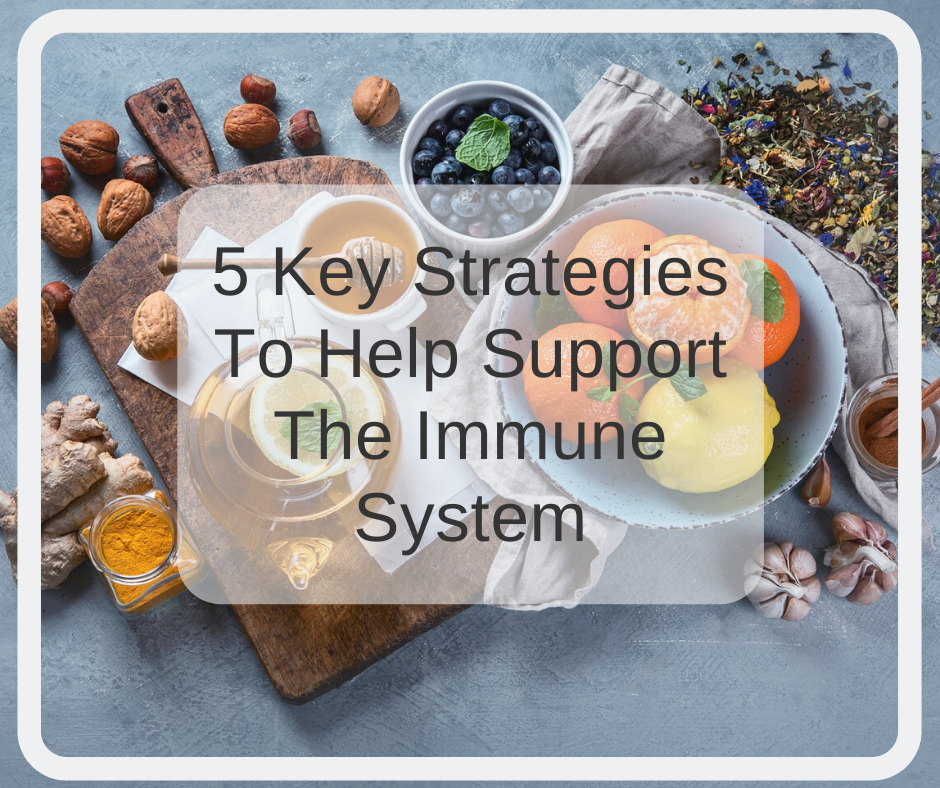
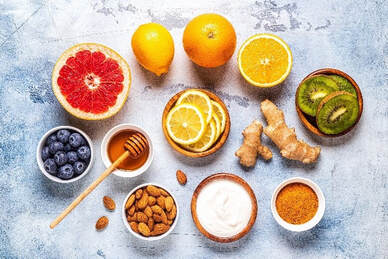
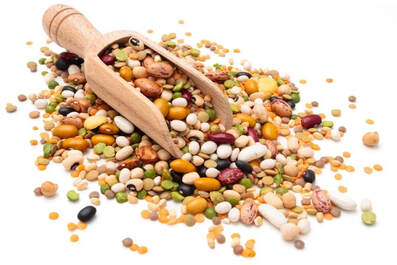
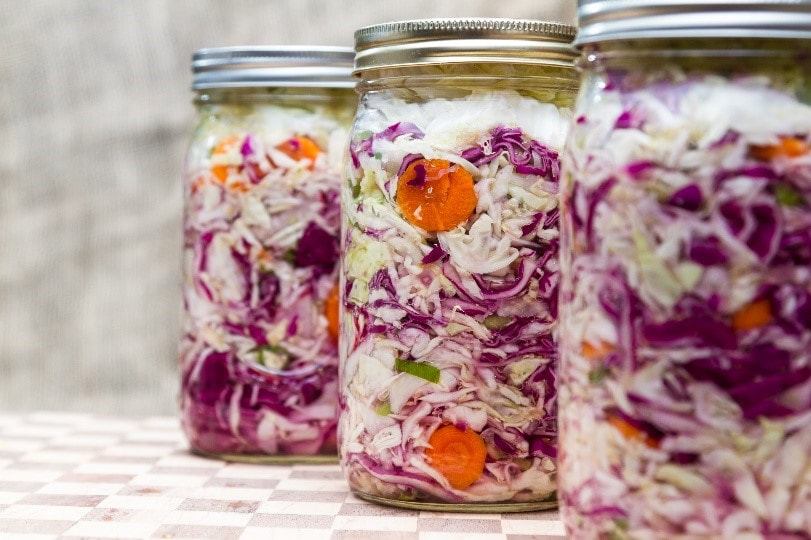
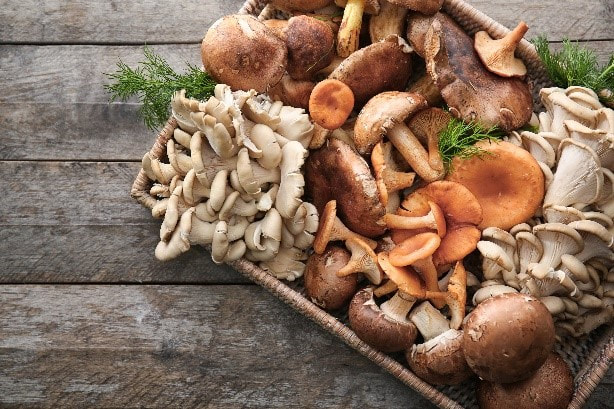
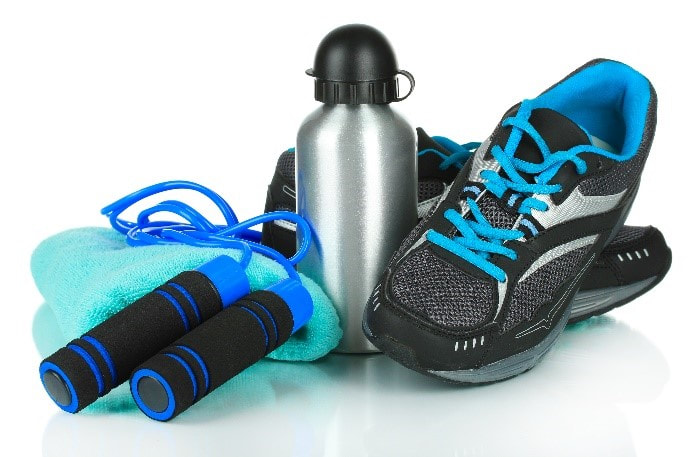

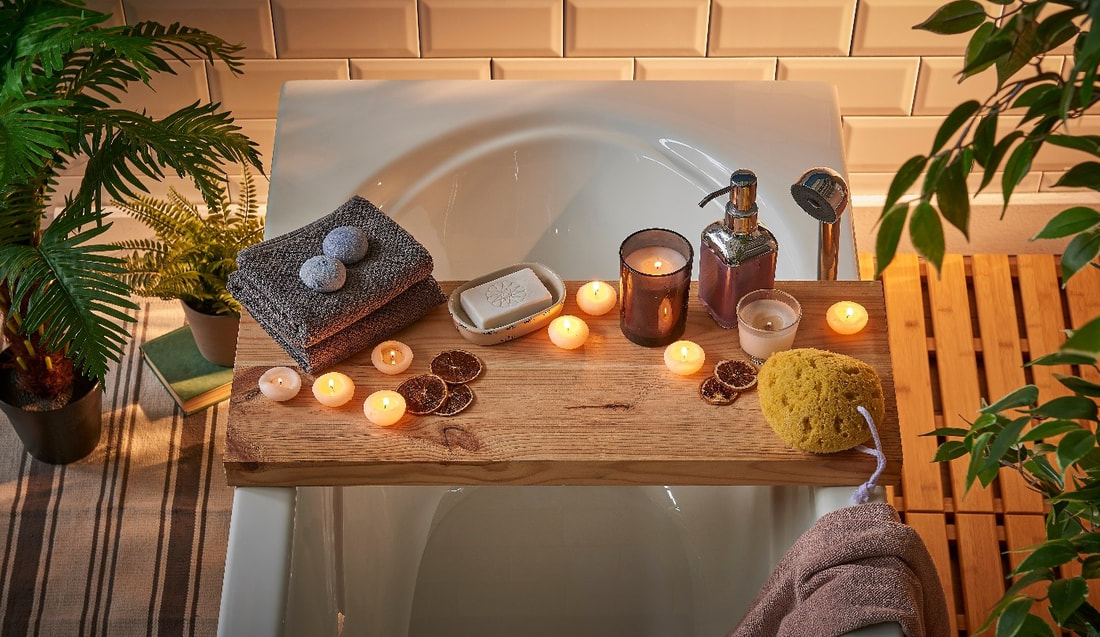
 RSS Feed
RSS Feed


